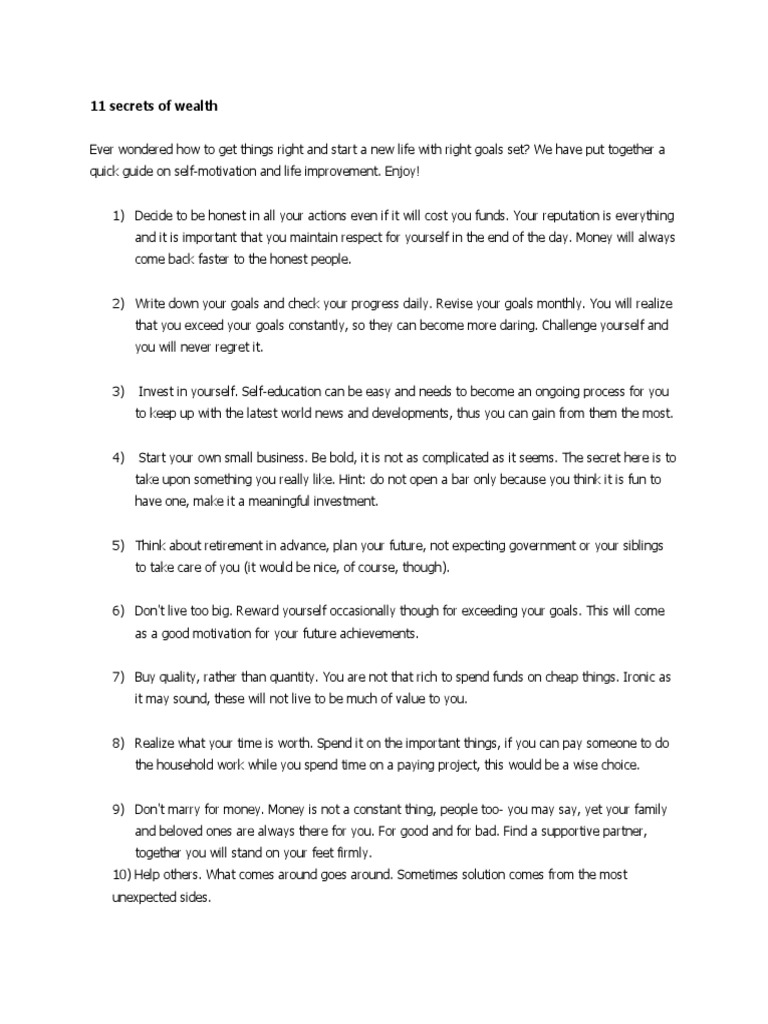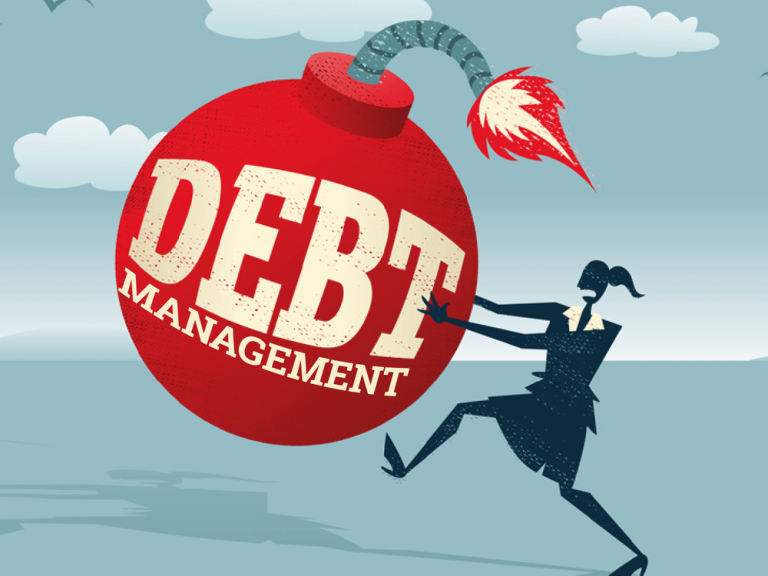In today’s fast-paced world, managing finances effectively has become more crucial than ever. Navigating through income, expenses, and savings can feel like an overwhelming task. However, when broken down into manageable steps, anyone can gain control over their financial future. Welcome to this detailed guide, where we will dive deep into the essentials of budgeting and offer strategies to make your money work for you. This journey towards financial literacy is not just about saving; it’s about knowing where your money is going, understanding your spending habits, and planning effectively for future needs. Hence, let’s embark on this enlightening expedition: Budgeting 101: A Comprehensive Guide to Managing Your Money!
Budgeting 101: A Comprehensive Guide to Managing Your Money
Throughout this detailed exploration, we will unveil how a well-structured budget can serve as the backbone of your financial health, unlocking doors to opportunities and financial security. With that in mind, let’s delve into the foundational elements of creating a robust budget.
Understanding Your Income: The Starting Point of Budgeting 101
In the budgeting process, understanding your total income is the very first step. Gather your paycheck stubs, freelance invoices, and any supplementary income streams like dividends or interest. Your total income forms the basis for your budgeting decisions. The next crucial step is to differentiate between fixed and variable income. Fixed income refers to steady sources of income, while variable income can fluctuate.
Knowing your income gives you an idea of what you have to allocate toward expenses, savings, and investments. This clarity lays the groundwork for effectively managing your finances through budgeting, leading to financial peace of mind.
Tracking Expenses: A Key Element of Budgeting 101
Once you have a grasp on your income, it’s time to take a hard look at your spending habits. Each month, track your expenses meticulously. Categorize them into fixed costs (rent, utilities, subscription services) and variable costs (groceries, dining out, entertainment). This breakdown will reveal patterns in your spending.
The insights gained from tracking your expenses are invaluable. They expose potential areas where you may be overspending, and this awareness is essential to making effective changes. Remember, achieving financial goals is impossible if you don’t know where your money is being allocated right now.
Establishing Financial Goals with Budgeting 101
Financial goals help you define what you are budgeting for. Whether it’s paying off debt, building an emergency fund, saving for a dream vacation, or planning for retirement, establishing clear financial goals provides motivation.
Short-Term vs. Long-Term Goals: A Comprehensive Guide to Managing Your Money
Short-term goals are achieved in a shorter time frame – typically within a year. They could include saving for a new gadget or paying off a credit card balance. In contrast, long-term goals could be saving for a home, your child’s education, or retirement – objectives that require years of discipline and planning.
Having a blend of both short-term and long-term goals provides balance in your financial planning. It also keeps you engaged and motivated. As you accomplish short-term financial targets, your confidence builds, propelling you towards more substantial, long-term financial milestones.
Creating Your Budget: The Core of Budgeting 101
Now that you have a clear understanding of your income, expenses, and financial goals, it’s time to develop your budget. Start by choosing a budgeting method that resonates with you. Options include the 50/30/20 rule, zero-based budgeting, or envelope method, each catering to different financial styles and preferences.
When creating your budget, allocate:
– 50% of your income to necessities
– 30% to discretionary spending
– 20% to savings and debt repayment
This simple structure helps maintain a healthy balance between living life now while preparing for future outcomes.
It’s also essential to review your budget periodically. Life undergoes continuous changes, affecting your income, expenses, and goals. As you review your budget, make adjustments where necessary to reflect these changes, ensuring your financial plan remains relevant and effective.
Adjusting Your Budget: Flexibility in Budgeting 101
Additionally, life brings uncertainties, from job loss to unexpected medical bills. This necessitates adaptability within your budgeting framework. Creating a flexible budget allows you to pivot when faced with unexpected financial demands. Save for emergencies, and incorporate teachable moments when you recognize overspending tendencies.
By reassessing your budget on a regular basis, you reinforce your commitment to financial discipline. You’ll also understand when to cut back on unnecessary expenses and when to indulge in lifestyle enhancements responsibly.
The Power of Saving: Transformative Financial Strategies in Budgeting 101
Another pivotal aspect of budgeting is building your savings. Start with an achievable target – say an emergency fund that covers 3-6 months of living expenses. This fund is critical in providing a security blanket that shields you from financial stress during adverse situations.
After establishing emergency savings, consider other types of savings goals. Retirement accounts, investment plans, or saving for specific milestones can also enrich your financial landscape. The key is to earmark specific savings goals within your budget, which can continually motivate you to stick to your financial plan.
Overcoming Challenges and Staying on Track in Budgeting 101
Embarking on your budgeting journey may come with bumps along the way. Whether it’s resisting impulsive purchases or keeping clear of emotional spending, it’s vital to stay focused on your reasons for budgeting. When you encounter setbacks, remind yourself of the long-term benefits of sticking to your budget.
Consider tracking your progress towards your goals. You can utilize apps, keep a journal, or share your objectives with a friend for accountability. Regular assessments and motivation can lead to a substantial transformation in your financial behavior.
Conclusion: The Journey of Budgeting 101 – A Comprehensive Guide to Managing Your Money
Having reached the end of this exploration, it’s clear that a well-established budget is much more than just a simple spending track; it is a multifaceted tool that influences your financial health, goals, and peace of mind. By first understanding your income, tracking your expenses, establishing realistic financial goals, and adjusting your budget as necessary, you can create a comprehensive guide for your personal finance journey.
Invest in your financial literacy with the knowledge and strategies of Budgeting 101: A Comprehensive Guide to Managing Your Money. Equip yourself with perseverance, patience, and awareness to take control of your financial destiny. Take the first step today, draft that budget, and watch as your financial prospects flourish.



